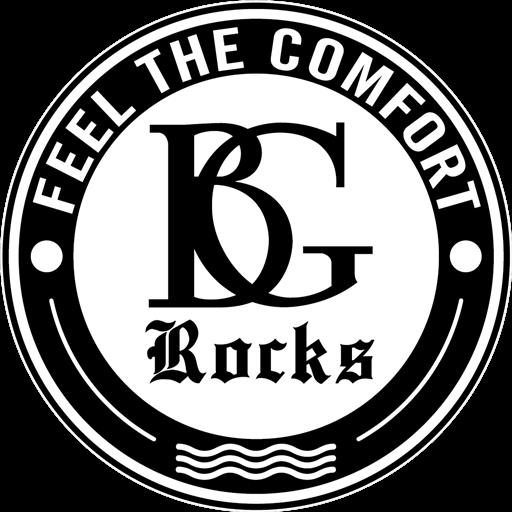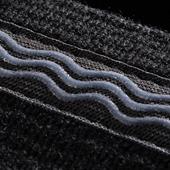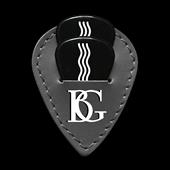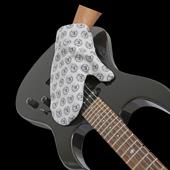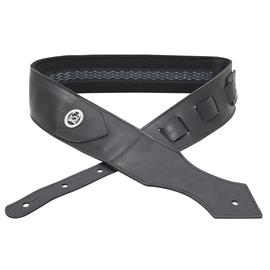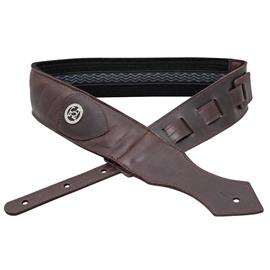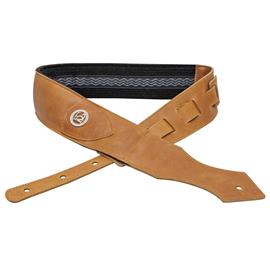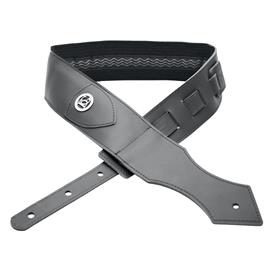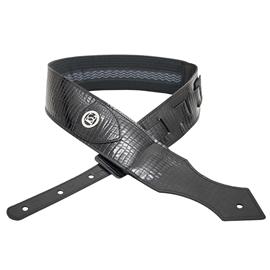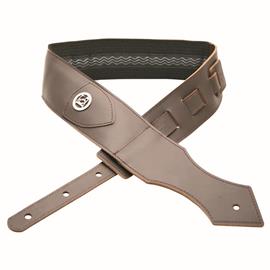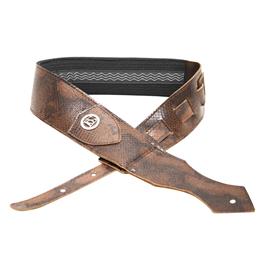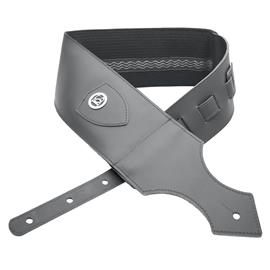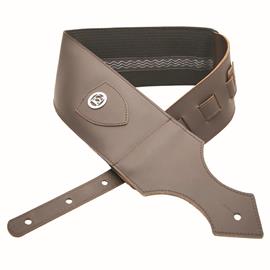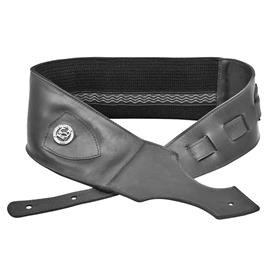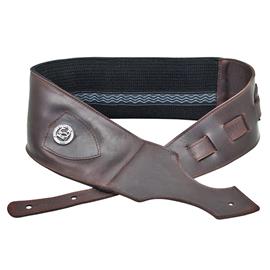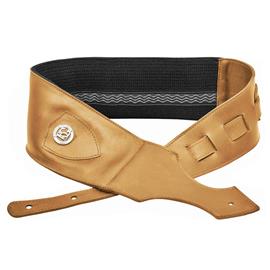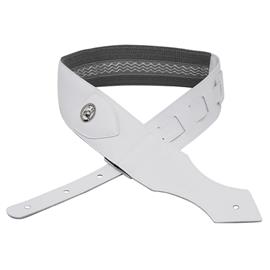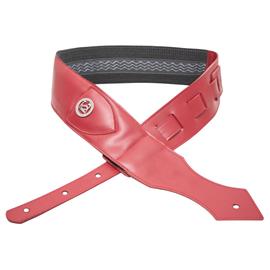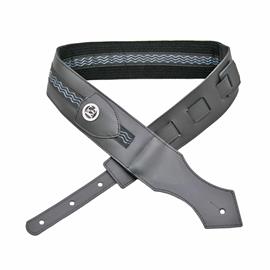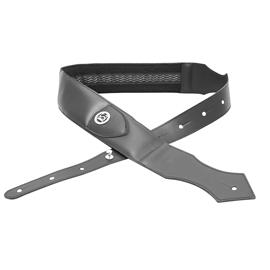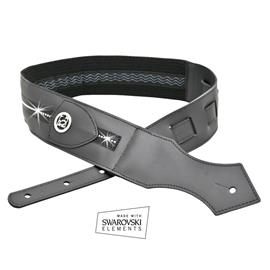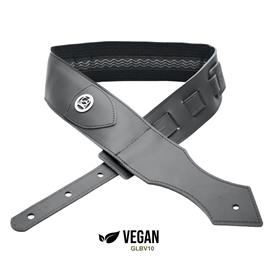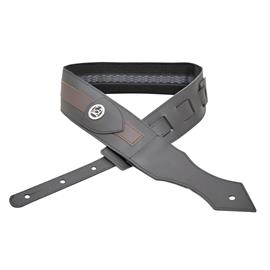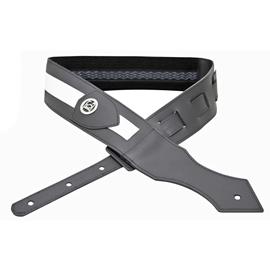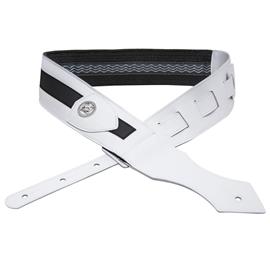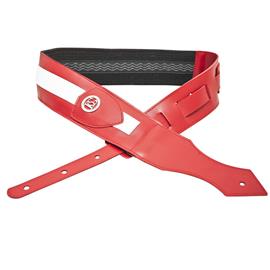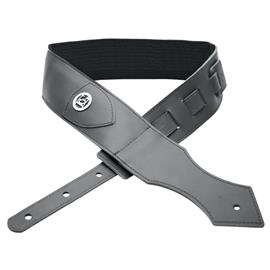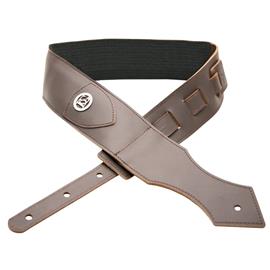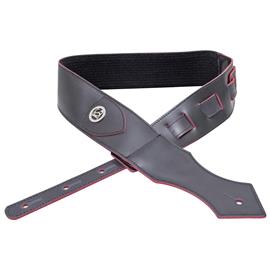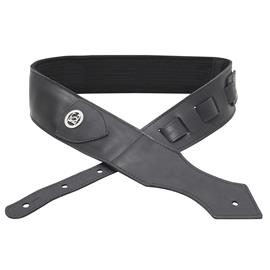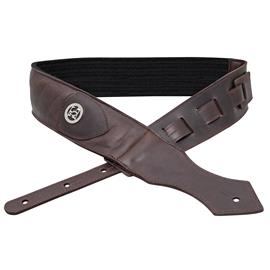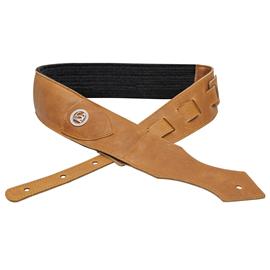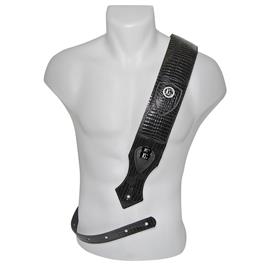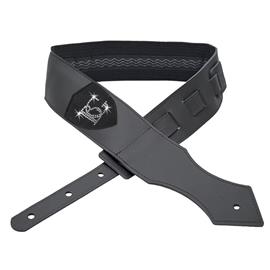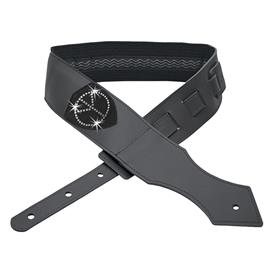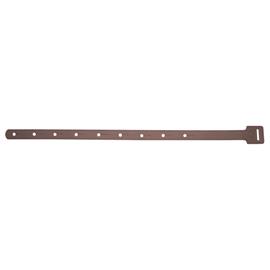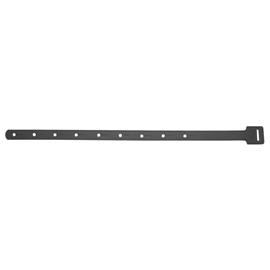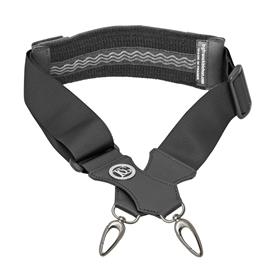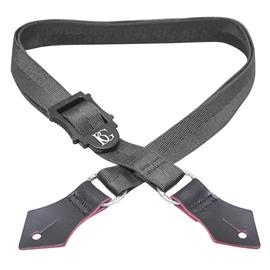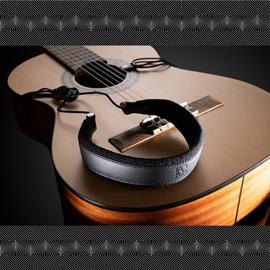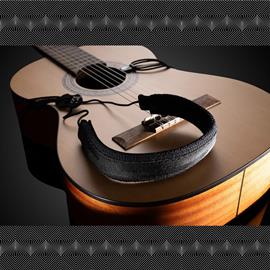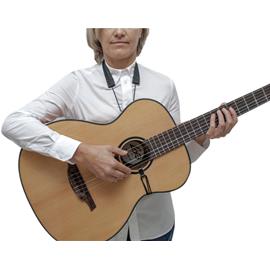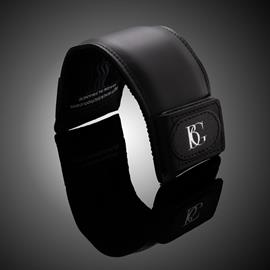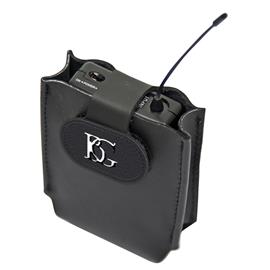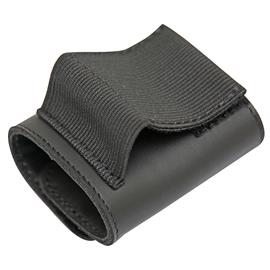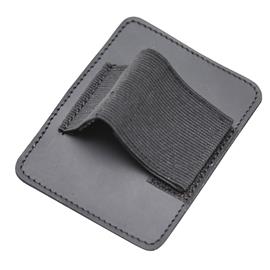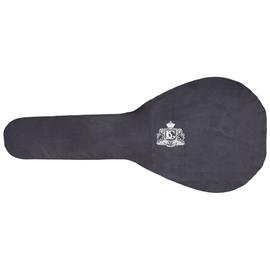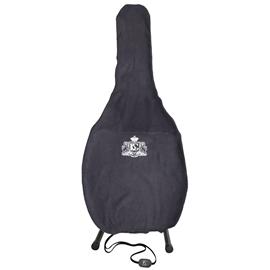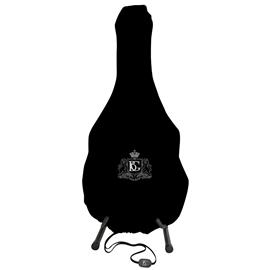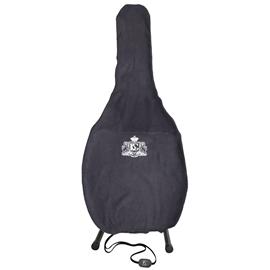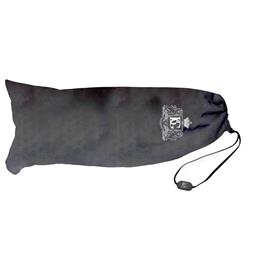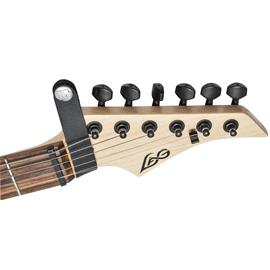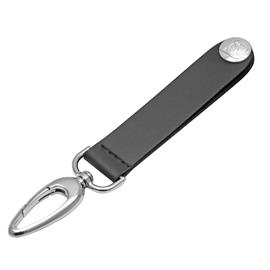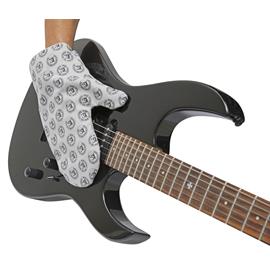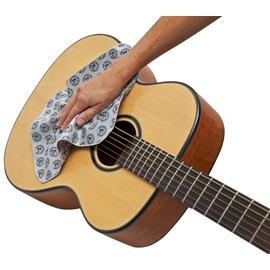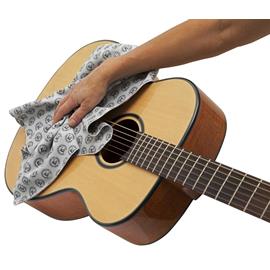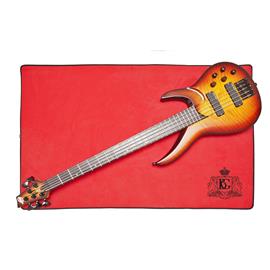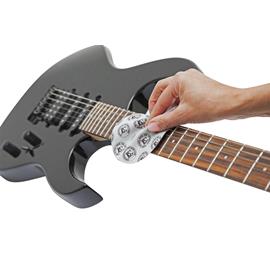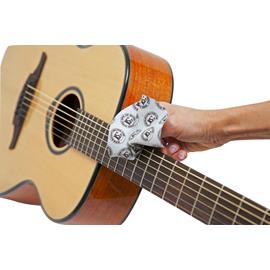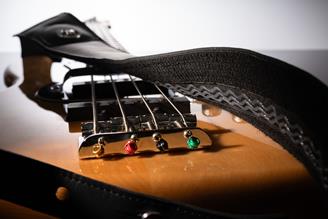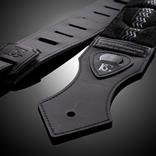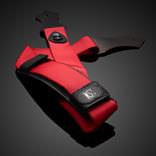About BG Franck Bichon
Franck, could you briefly summarize your career path for us?
I studied accounting and personnel management, and then worked in the nightclub business. It wasn't long before I realized that working for someone else wasn't for me, and that I needed to make my own way. I set up an advertising agency that did very well, and then one day my father, who was a saxophone teacher in Lyon, showed me a ligature system he'd devised. He asked me if I wanted to work on it and take care of it. I replied,
"Yes, but if I agree to do it, then I'll have to become the world's number one in quality wind instrument accessories." I didn't know how to do anything, I was totally self-taught, but I took the plunge in the early 80s, and as I spoke a little English, I was able to meet people, like at the Musikmesse in Frankfurt. One thing leading to another, I developed a whole range of accessories for wind instruments: cords, swabs, dryers and accessories.
These are jobs you can't improvise. How did you get into it?
I loved to create, and what I didn't know how to do, I made myself do. As needs arose, I hired people who were highly skilled in very specific areas, whether metalworking or leatherwork. We create all our product prototypes in-house, and for leather goods production, we call on the services of a company that works for Vuitton and Hermès, among others.
What is BG France's international status?
To begin with,
BG France has been awarded the
EPV (Entreprise du Patrimoine Vivant) label, and has won a number of prizes in recognition of our expertise and innovative drive (Prix Artinov for creation, Grand Prix Fondexpa for export). To answer your question, we are the company with the world's most comprehensive range of accessories, both as designer and manufacturer, and we rank among the leaders in accessories alongside century-old boxes. We are also subcontractors for many instrument brands, so that we currently supply the majority of the world's wind instrument manufacturers.
Did you consult guitarists when designing your straps?
No, at first I didn't want to listen to them, because they would have asked me to reproduce what already existed, which wouldn't have been very interesting. I wanted to start with straps that were my signature, with my know-how, and that responded to our slogan: "When the details make all the difference." Only then did I go out and meet some very demanding live musicians. My idea was to offer a product that the others didn't have. Our straps provide extra comfort in the shoulder area, with a fleece strap and a sponge strap to absorb perspiration, plus an anti-slip surface for stability. Last but not least, there's a pick pocket for storing picks. All these things have been tested and adjusted over time
to achieve a certain level of perfection. The current range includes two strap widths and six colors. There aren't many references, but they're all very accomplished. We can do custom work. We also make leather cases for HF systems, which are attached either to the strap or to the belt. Our range of guitar products also includes cleaning gloves and cloths, soft covers to protect instruments when placed on a stand, and inside case covers. These products are made from chemical additive-free microfiber, a material that absorbs moisture and won't scratch the guitar's surface.
For top-of-the-range products, you offer fairly contained prices. How do you achieve this?
First of all, I don't go through a distributor, which reduces costs considerably. I sell direct to stores, and I don't take a very high margin, because I consider myself a newcomer in the learning phase in the world of guitar and stringed instruments. I prefer to offer people good value for money, so that they choose our products. That's also why I go to a lot of trade shows, to learn the trade, see other manufacturers and meet musicians to get a "feel" for the business. Each family of instrumentalists has its own typology and mentality. It's all about learning. I'm a dinosaur. I was born in a time before cell phones and the Internet. Business was based on real human relationships, and you had to listen to what was going on to understand people and their needs. That's the best way to progress, to question yourself and to stick as closely as possible to people's needs.
By Ludovic Egraz ( IG : @ludovicegraz )
Credits : GuitareXtreme ( IG : @guitarextrememagazine )
Photos:
Sébastien Boulard ( www.sebastienboulard.com )
Pasqualino Cascio ( musicien@bgfranckbichon.com )
For further information : www.bgfranckbichon.comBG company contact : IG →
@bgfrance_officialEmail →
digital@bgfranckbichon.comContact Franck Bichon : IG → @franck_bichonEmail → franck@bgfranckbichon.com
